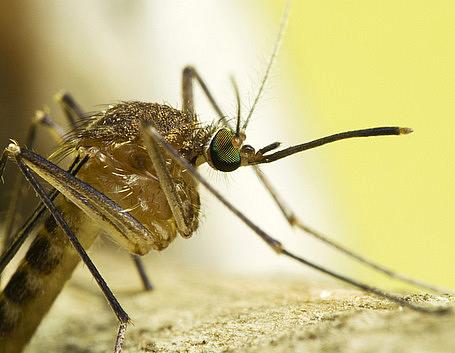West Nile Virus: An Acceptable Level of Risk

"An acceptable level of risk", is used to describe the pesticides utilized in controlling adult mosquitoes infected with the West Nile Virus.
This year in California and other states, agencies responsible for monitoring WNV have detected dead birds and mosquitoes infected with the virus a couple of months earlier than previous years. Texas is behind eight-ball as the number of deaths attributed WNV is more than all other states combined. Meanwhile, Sacramento and Yolo Counties Mosquito and Vector Control District has increased its efforts to keep the virus in check. Their strategy includes the aerial spraying of pesticides.
"It is our last resort, " said Luz María Rodríguez, spokesperson for the district, "when we find adult mosquitoes with the virus we need to spray the area to kill them and prevent them from infecting a human."
"Not so fast," says Mike Somers, State Director of Pesticide Watch in Sacramento, "the concern we have are with the chemicals sprayed over our neighborhoods."
Somers points to organophosphates utilized by some agencies to kill off adult mosquitoes as a reason for this concern. He explains that there has not been enough research on what long-term risks may arise when you expose a population to even a small amount to this poison. According to Somers, studies have shown that an organophosphate could could harm a child's neurological development.
Lea Brooks from California's Environmental Protection Agency responds that, "these pesticides are being used in such low concentrations that the risk to public health is low, and certainly lower than the risk posed by West Nile virus."
Brooks explains that the properties and characteristics that make pesticides effective for their intended purpose may also pose risks to people and environments.
"That's why there are use restrictions to achieve an acceptable level of risk," she explained.

